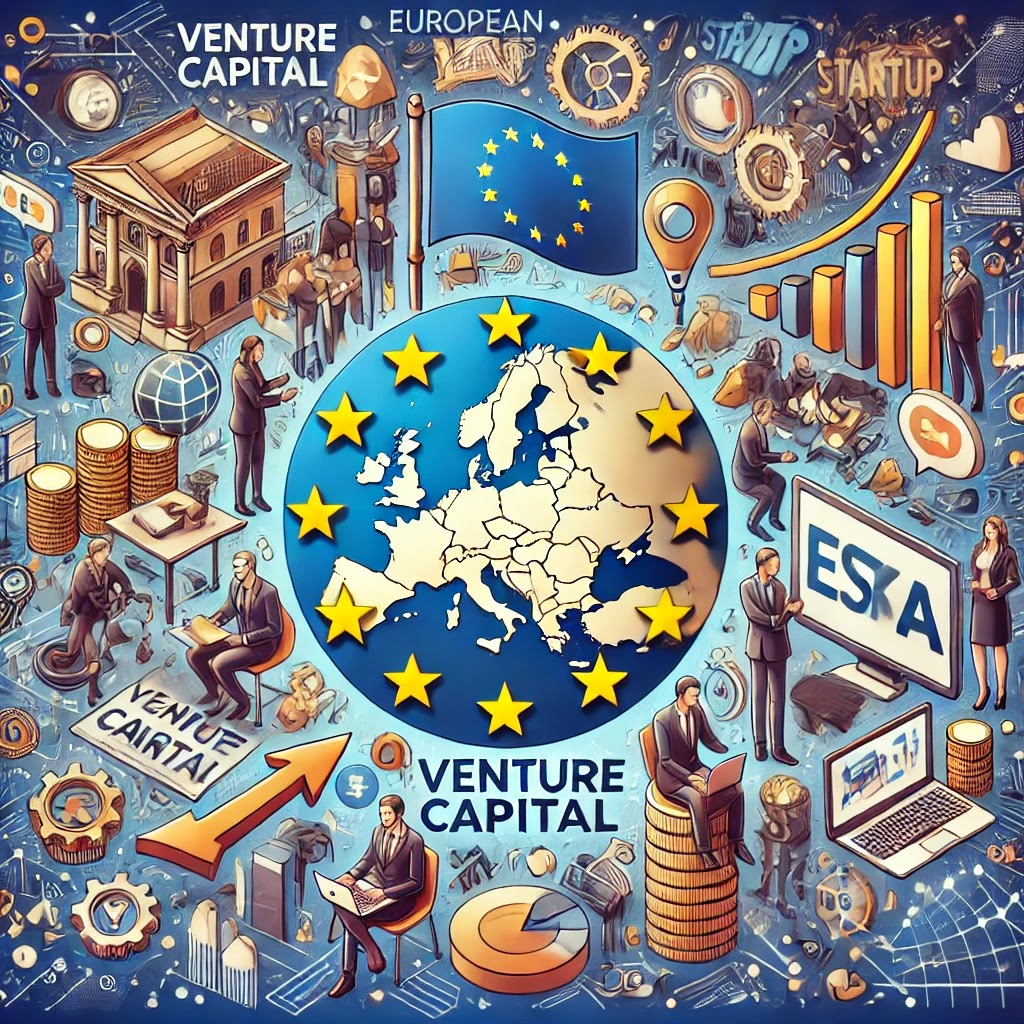Introduction
Venture capital (VC) plays a vital role in supporting innovation and entrepreneurship in Europe. This article examines the impact of venture capital on European startup ecosystems, key trends, challenges, and successful case studies.
Importance of Venture Capital
Venture capital provides the necessary funding and support for early-stage startups to develop innovative products and scale their operations. VC firms offer not only capital but also expertise, networks, and strategic guidance, which are crucial for startup growth.
Key Trends in European Venture Capital
- Rising Investment Volumes: Venture capital investment in Europe has grown significantly, with increased funding for technology, fintech, healthtech, and green tech startups.
- Cross-Border Investments: European VC firms are increasingly participating in cross-border investments, enhancing collaboration and knowledge sharing across different markets.
- Corporate Venture Capital: Large corporations are establishing their own VC arms to invest in startups that align with their strategic objectives, fostering innovation within their industries.
Challenges Facing Venture Capital in Europe
- Regulatory Hurdles: Navigating diverse regulatory environments across European countries can be challenging for VC firms and startups.
- Access to Later-Stage Funding: While early-stage funding is more accessible, startups often face difficulties in securing later-stage funding to scale their operations.
- Talent Acquisition: Attracting and retaining top talent is a common challenge for startups, impacting their ability to innovate and grow.
Successful Case Studies
- Spotify: The Swedish music streaming giant received significant venture capital support in its early stages, enabling it to scale globally and become a leading player in the industry.
- Revolut: The UK-based fintech company leveraged venture capital to expand its digital banking services, achieving rapid growth and a strong market presence.
Impact of Venture Capital on Startup Ecosystems
- Job Creation and Economic Growth: Venture capital investments contribute to job creation and economic growth by supporting the development of new businesses and industries.
- Innovation and Competitiveness: VC-funded startups drive innovation, enhancing the competitiveness of the European economy on a global scale.
- Ecosystem Development: The presence of active VC firms fosters the development of robust startup ecosystems, attracting more entrepreneurs and investors.
Future Prospects for Venture Capital in Europe
- Increasing Diversity and Inclusion: Efforts to increase diversity and inclusion in the VC industry are gaining momentum, promoting a broader range of perspectives and opportunities.
- Sustainable and Impact Investing: Venture capital is increasingly focusing on sustainable and impact investing, supporting startups that address environmental and social challenges.
- Policy Support: Government policies and initiatives that support venture capital and entrepreneurship will continue to play a critical role in shaping the future of the industry.
Conclusion
Venture capital is a key driver of innovation and growth in European startup ecosystems. By providing essential funding and support, VC firms help startups develop and scale, contributing to economic development and competitiveness. The future of venture capital in Europe looks promising, with increasing investment volumes, cross-border collaboration, and a focus on sustainability and diversity.
